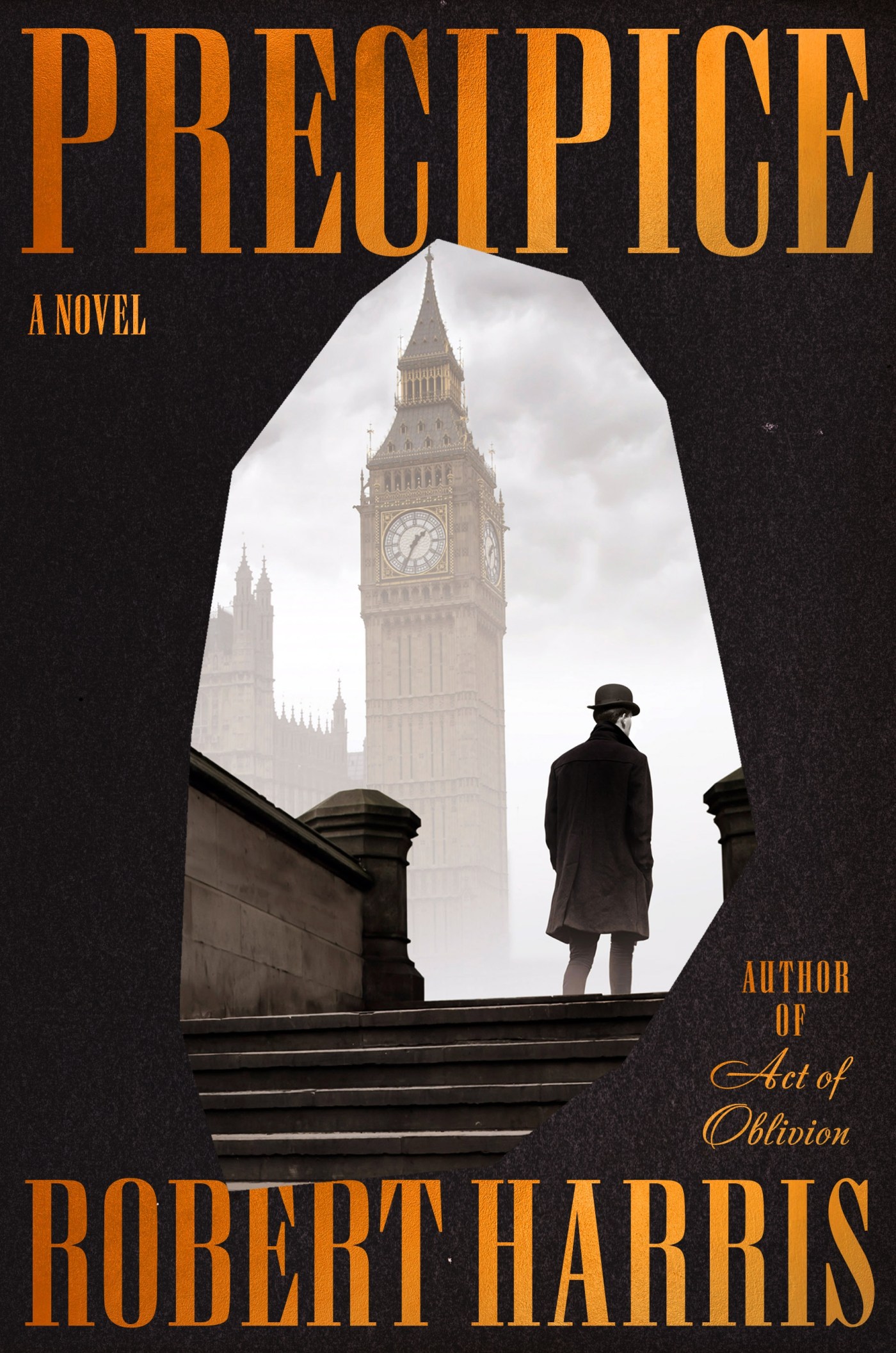
Robert Harris delves into WWI political affair in ‘Precipice”
England’s Robert Harris regularly delivers global bestsellers that often become first-rate film versions, like this winter’s Oscar-buzzy “Conclave” about the election of a Pope.
“Precipice” (Harper), on sale this week, is set in 1914 on the eve of WWI and details a long-hidden affair by the married Prime Minister H.H. Asquith and his much, much younger mistress Venetia Stanley.
“Precipice,” Harris, 67, wrote in an email interview, “is my 16th novel. I have approached each of them because the subject matter fascinated me, and I have seen characters and stories that might bring a particular period or world to life. Nothing links them apart from my own curiosity and a general preoccupation with how power works. I hope that the reader will share that curiosity.”
World War I seems for many Americans comfortably relegated to the distant past. Harris links it to the horrors we’re facing today.
“The year 1914 is the great hinge of the modern world,” he notes. “Warfare was coupled with industrial technology and the rise of revolutionary political ideas. The First World War smashed the European order, gave birth to the Russian revolution, and subsequently to fascism.
“The Second World War was essentially a continuation of the First. The war of 1914-18 cost the lives of nearly a million British soldiers, more than twice as many who died in 1939-45.
“The story of how the conflict blew up out of nowhere in the summer of 1914 is haunting. I haven’t set the story on the battlefield, but in Downing Street, Westminster and Whitehall, trying to show on a daily, even hourly basis, using the records of the time, how the Prime Minister and his colleagues struggled to control events that spiraled out of control.”
Harris is writing fiction but he’s factual with history. “I have invented one major character – an intelligence officer, Paul Deemer – but otherwise all the figures I describe are real people.”
The love affair that dominates “Precipice” can only be half documented.
“We have 560 letters Asquith wrote to Venetia, most of them from 1914 and 1915. We have none of her replies – there must have been at least 300 – because he burnt them all in December 1916, when he had to leave Downing Street.”
That affair echoes today: “One thinks of politicians like JFK and Bill Clinton, whose sex drives were as ferocious as their political ambition, and who were willing to take great risks with their private lives.
“My first task was to imagine what she wrote to him, to give her a voice, flesh out her character. I have long wanted to write a book in which a woman was the main figure: this was my opportunity.
“I think I have succeeded in bringing her to life, but obviously that’s not for me to judge!”


